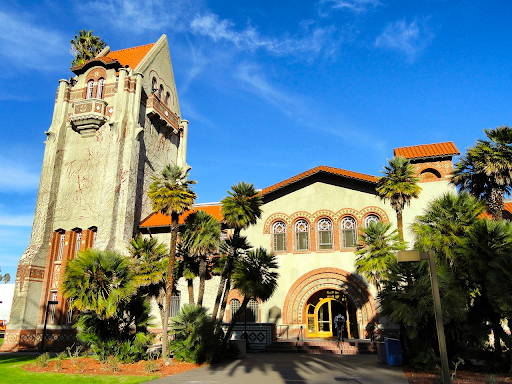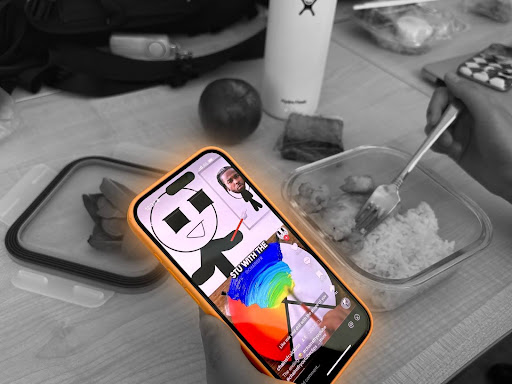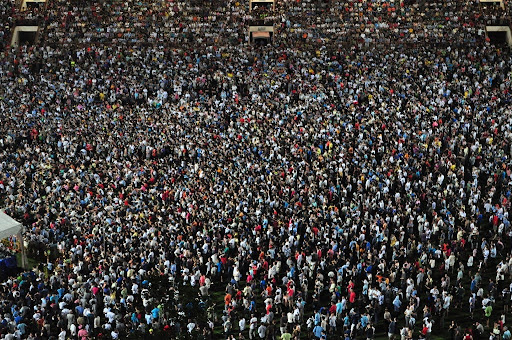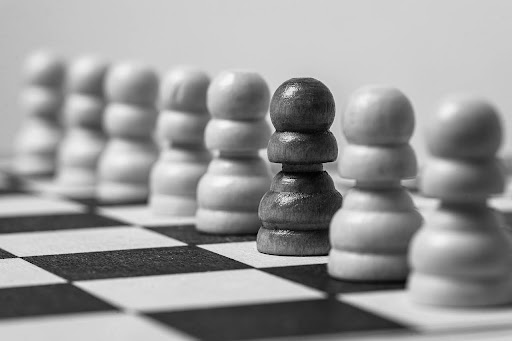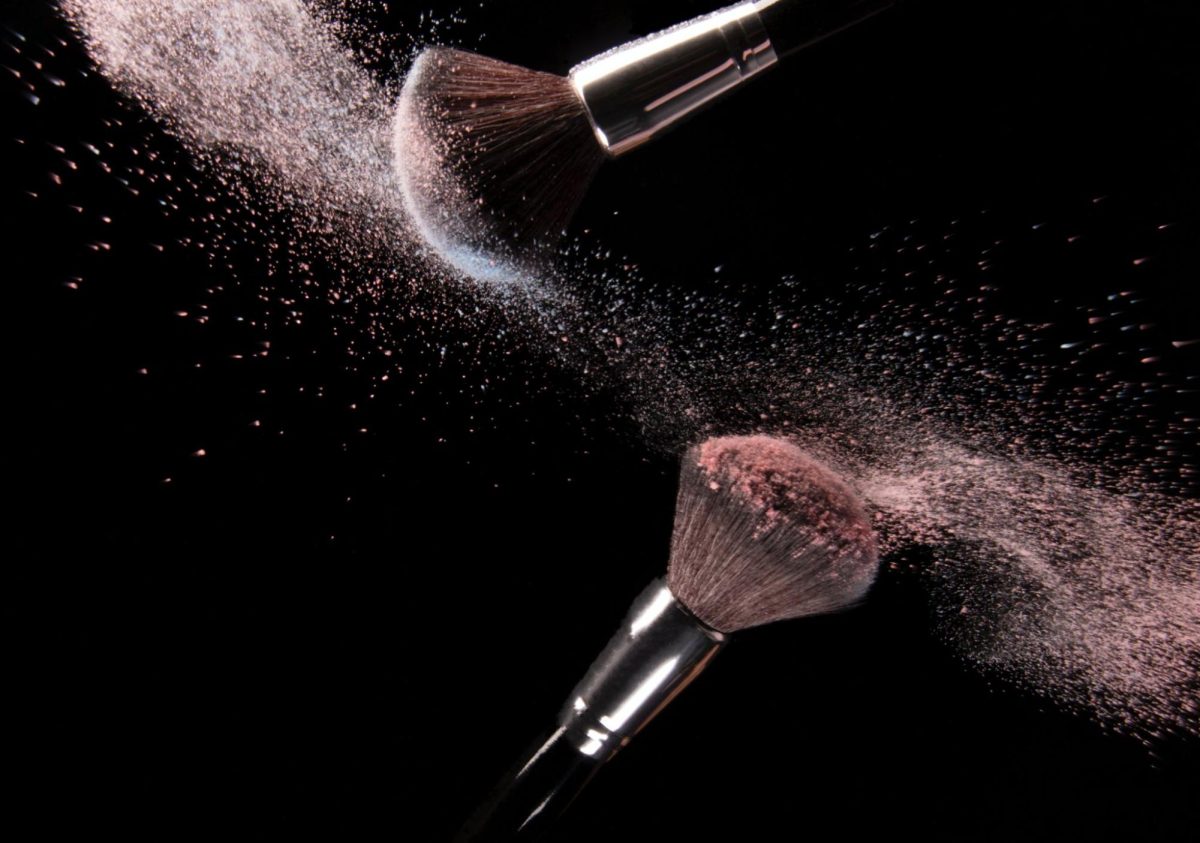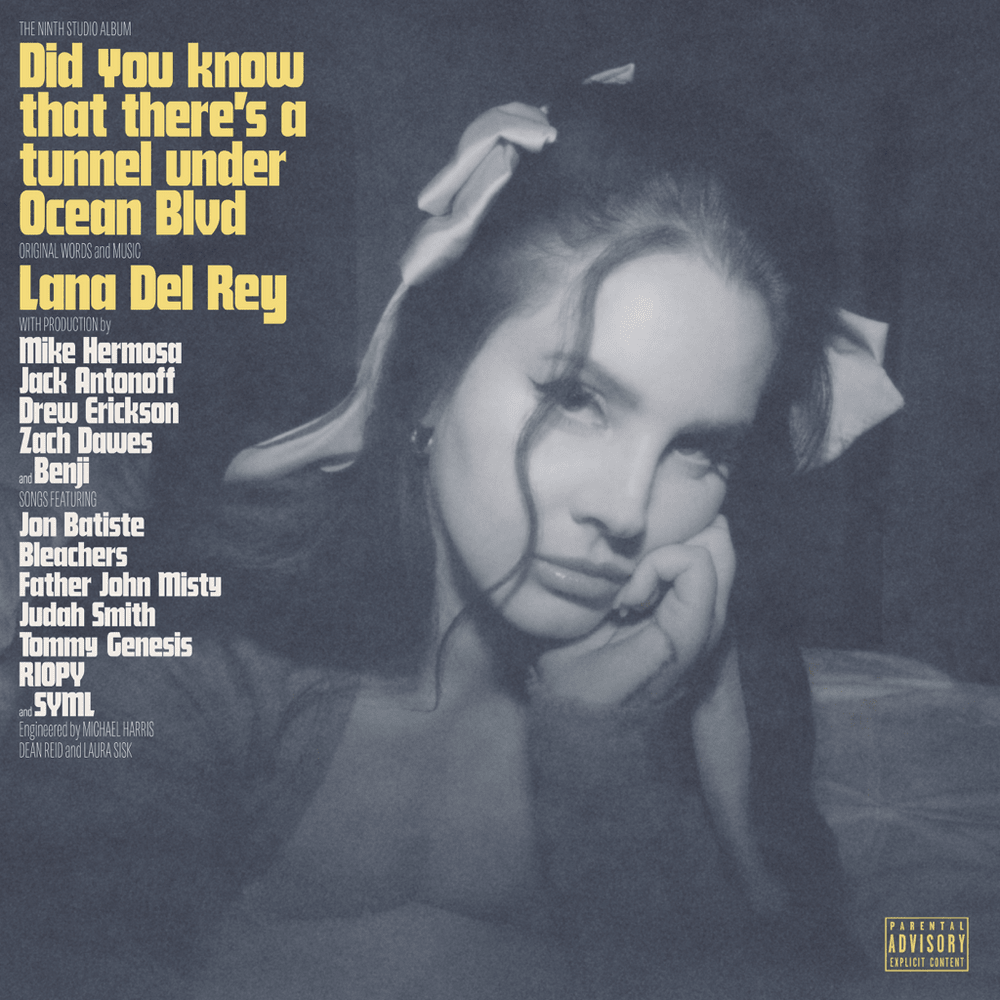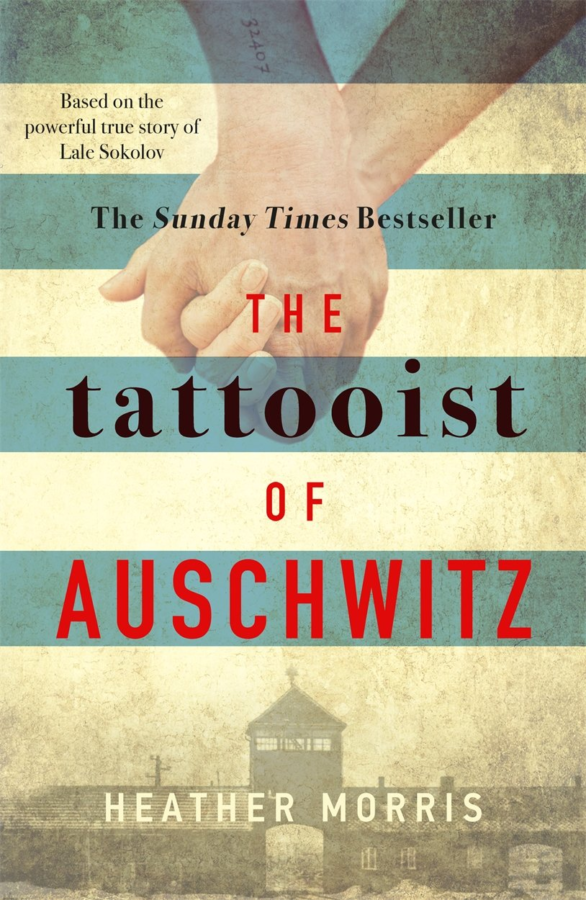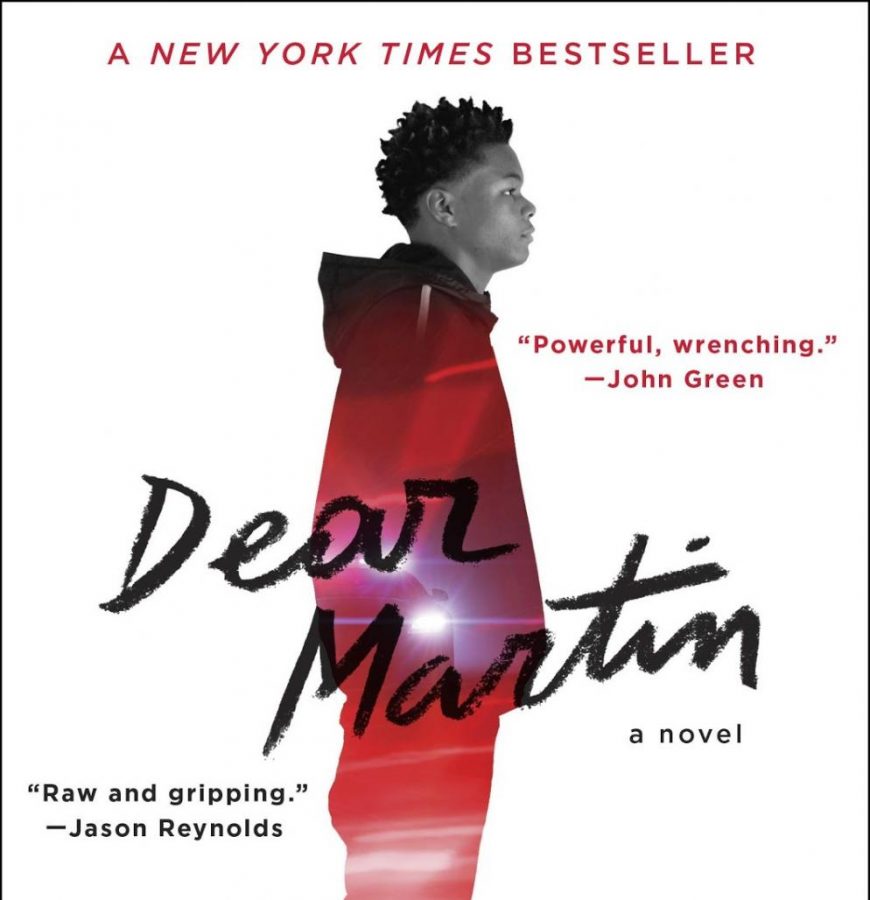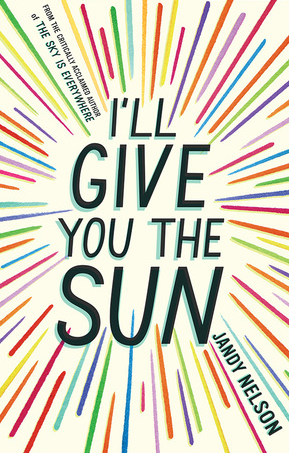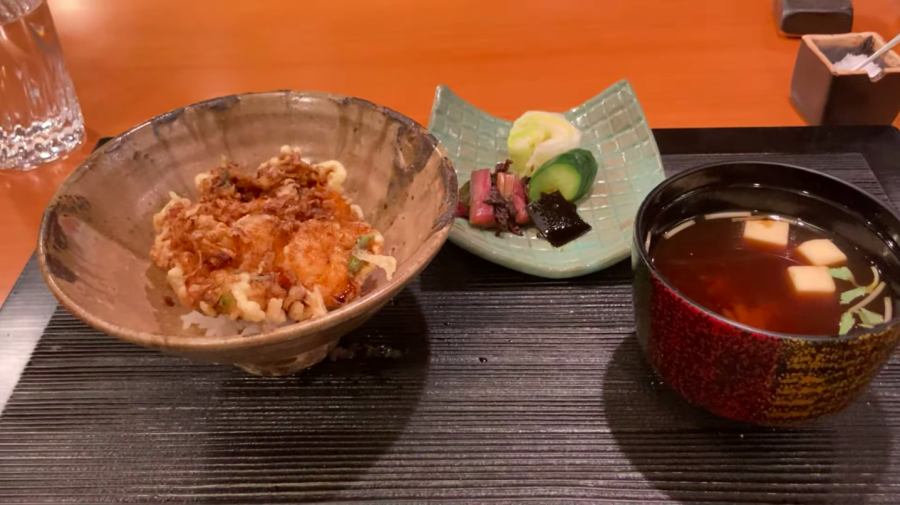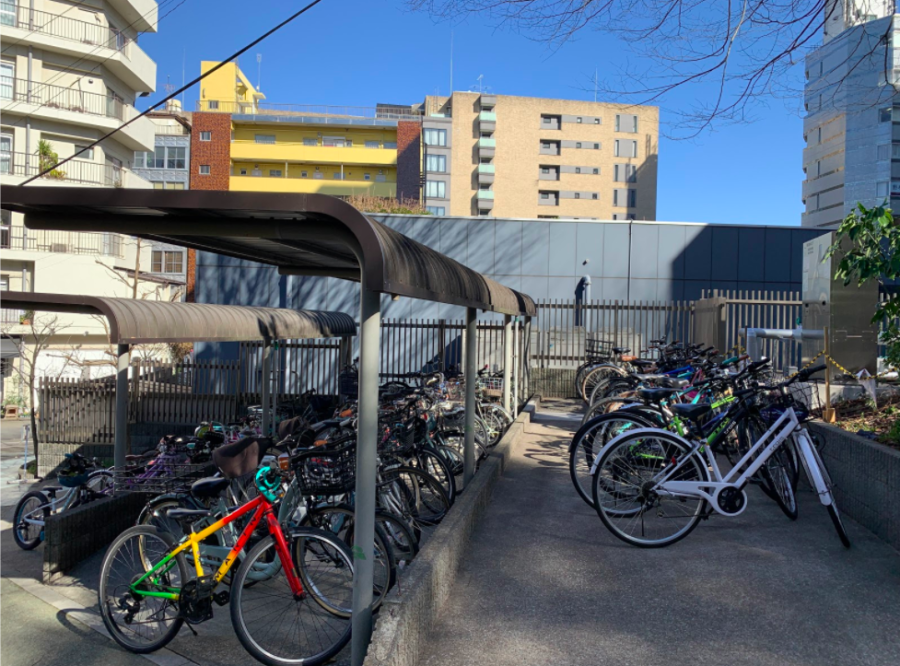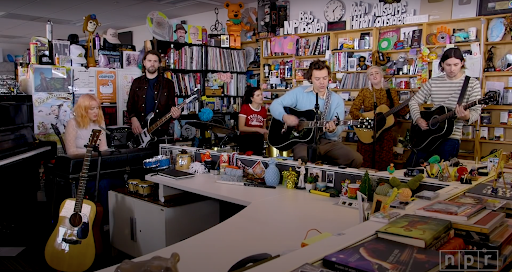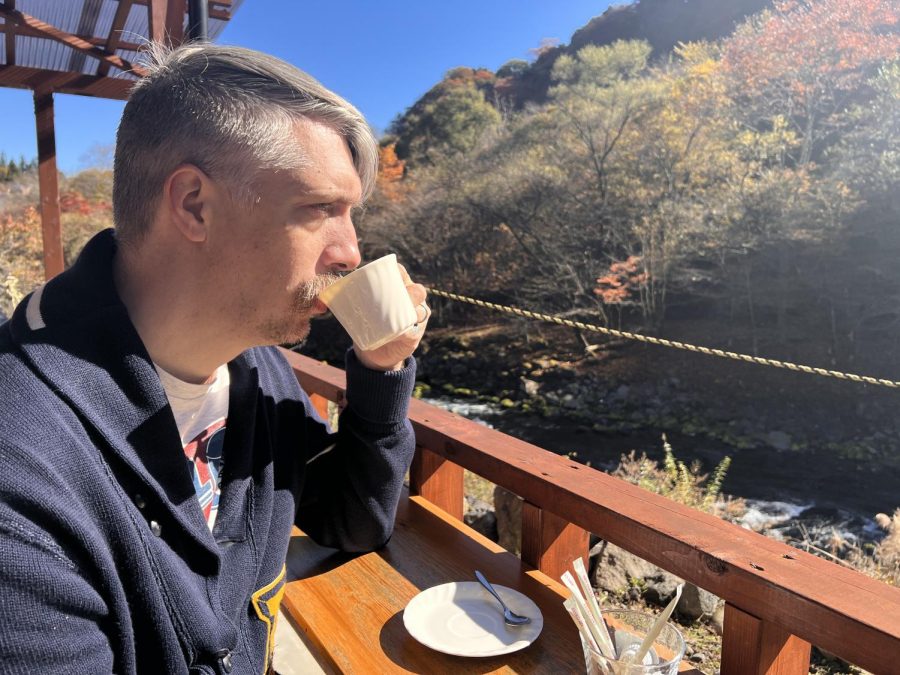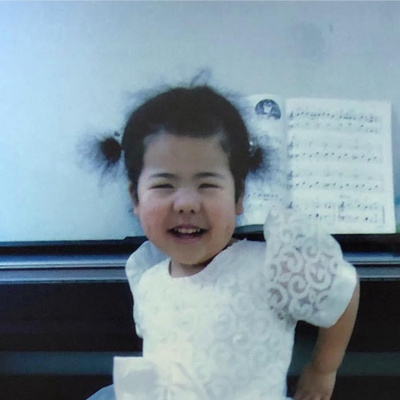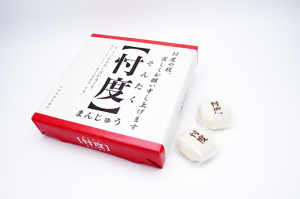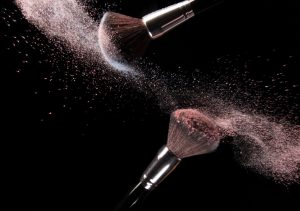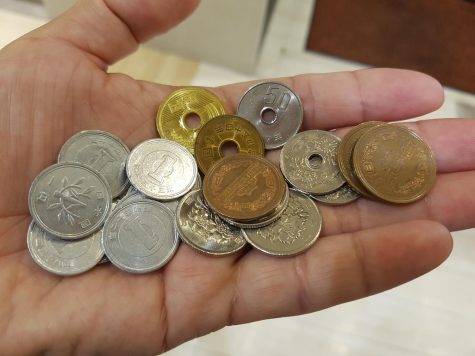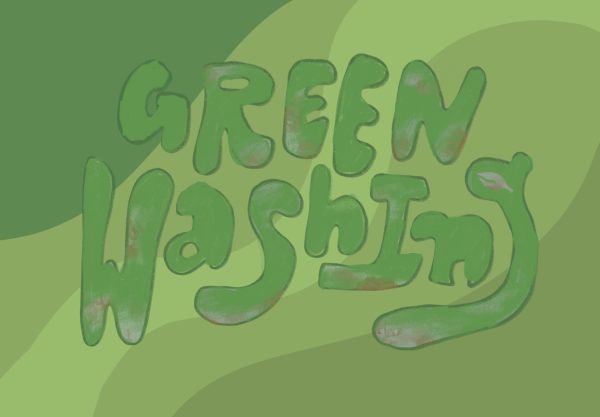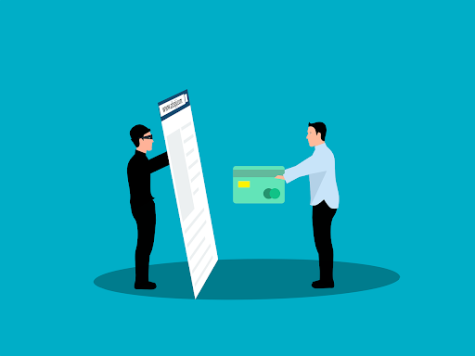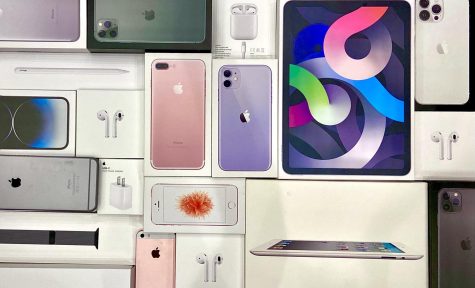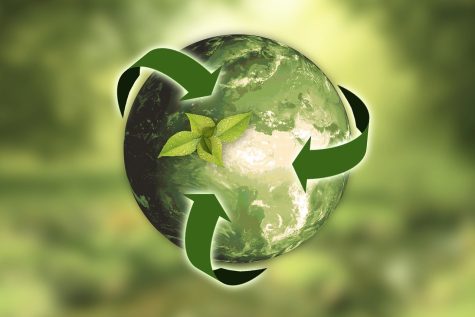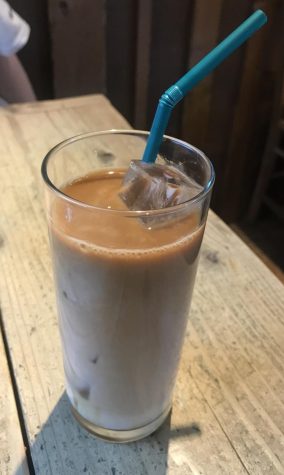Confronting the energy drink epidemic
January 11, 2023
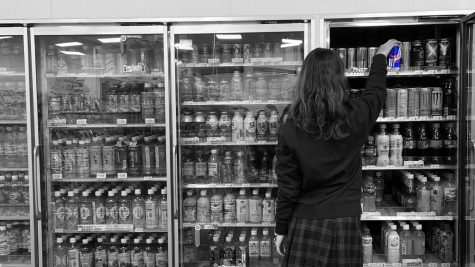
Recent trends on social media promote the excessive intake of energy drinks. There are many trends with the energy drink “Monster Energy,” which involve collecting cans to build walls or can tab necklaces. The Monster Energy company does not oppose this health-threatening idea, as they also post similar videos. Moreover, TikTok introduced a concoction of energy drinks with gummies and pop rocks as the “Battery Acid” trend. More TikTok users were influenced to take part in this trend, as energy drinks at the time were claimed to be “aesthetic.”
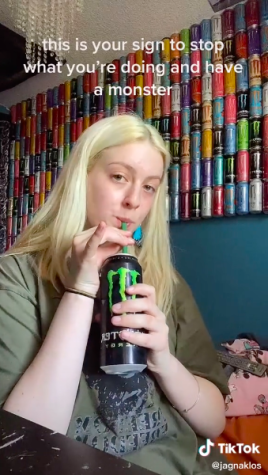
ISSH is showing signs of an energy drink epidemic developing, which is why action must be taken to educate students about the dangers of energy drinks and find alternative solutions to stop this epidemic from spreading further.
Hikaru N. (‘26) claims to have been influenced by energy drink trends when she was still in middle school. “In sixth grade, I would meet up with my friends, and we would go to a convenience store to drink Monsters and collect them. It wasn’t because I wanted to. I didn’t even know it was, but it was just for the aesthetic. Everyone was drinking it at the time.” At the time, she did not realize what energy drinks did to her body, only that it was a trend she took part in to conform to other TikTok users.
However, a year later, Hikaru actively started drinking caffeinated beverages for the sake of energy. The student had witnessed her brother, a senior, with the energy drink called Red Bull. “He was staying up all the time, studying and doing his applications which is why we had a bunch of energy drinks in our house,” she said. “Seeing that it worked for him, I thought it would [work] for me as well.” When the final exams approached at the end of the year, Hikaru would drink more Red Bull to stay up longer.
But even when the exams were over, Hikaru found herself relying more on energy drinks to stay awake at school. Energy drinks at first meant to give her an extra boost of energy late at night, but their purpose now was to maintain her level of concentration throughout the day. “I could survive a day without Red Bull, but then I would be really tired and wouldn’t be able to focus during school as much.” She explained the difficulty of retaining information from class if she was only half awake. “In order for me to learn effectively and stay alert during school, I need caffeine throughout the day,” Hikaru said that the convenience of energy drinks was the main reason she preferred it over other beverages that had less caffeine. For example, tea (11 mg of caffeine content in 100g) compared to Red Bull (30mg of caffeine content in 100g) has less caffeine and is not as easy to prepare. “Tea also wakes me up, but you have to make it yourself. Redbull is always just sitting there, you can drink it right away.”
Hikaru recalls an experience when she was feeling more nervous in a volleyball game than usual due to excessive caffeine intake. “In the morning, I had some Red Bull, and later a sports energy drink, ‘10 Second Charge,’ before the match.” She claimed that the caffeine from both energy drinks made her feel restless, and her hands started shaking. “I think in addition to the caffeine, adrenaline was also a factor that made me nervous and hyper. I shouldn’t have drank both in one day.”
We’ve all had times when we were running short on energy. Instead of finding healthy ways to conserve energy, many students choose to boost their energy with energy drinks. While this is effective for a short period of time, frequent consumption of these drinks poses harmful effects, especially for students. For this reason, the school does not sell energy drinks, but caffeinated beverages can be easily obtained from our surroundings. Our school vending machines sell coffee and tea – the most popular items that are the first to be sold out. According to teachers, many students are seen with energy drinks in their bags in replace of their water bottles.
Dr. Fujita, a school psychologist, explains how the excessive intake of energy drinks is possibly linked with stress, depressive mood symptoms, and anxiety. “Teenagers are still socially, mentally, physically, and emotionally developing. If they are already experiencing problems with sleeping, feeling fatigued, and not performing well, the student’s mental and emotional health will be affected.”
“ISSH is a wonderful school as it is very academically focused, encouraging students to strive to do their best. But students have difficulty managing their time which is why they turn to caffeine,” Personal Education teacher and School Nurse Nurse Yaya says. A maximum intake of up to 400mg of caffeine can boost your energy, put you in a good mood, and help with concentration.
The caffeine in energy drinks stimulates the brain to be ready for fight or flight even when there is no actual danger present. Then a rush of adrenaline enters your body that heightens your senses. Next, your heartbeat increases and your eyes dilate, leaving you feeling rigid and shaky. Moreover, the brain chemicals that help with sleeping are blocked by caffeine, leading to sleeping problems like insomnia. “So what good does staying up longer and studying longer do if you are too anxious and fatigued to do well on the actual test?” Nurse Yaya says.
Furthermore, energy drinks are largely seen as performance enhancers for athletes. The misconception about energy drinks being useful for workouts is promoted through sports ads, which are not sending the right message. “Energy drinks are not a source of hydration. Caffeine has a diuretic effect on your body by making you produce an excessive amount of pee, ” Nurse Yaya says. “After you workout, you need water and electrolytes (minerals in your blood with an electric charge) because you sweat and become dehydrated. However, energy drinks further cause dehydration because they do not replenish the electrolytes.”
The negative effects of energy drinks outweigh the short-term benefits. However, these effects are only short-term and not worth experiencing when each of these can be replaced with healthier alternatives. Nurse Yaya advises,“try having breakfast once in a while. Something nutritious is going to do wonders for your energy; foods like oatmeal and yogurt are simple but filling.” Not only that but getting “7-10 hours of sleep is essential for regaining energy. Your body is active and using energy throughout the day, and it needs time to rest and regenerate,” Nurse Yaya says.
According to a physical therapy website Athletico, exercise is necessary as it helps your body release “chemicals to boost your sense of well-being and suppress hormones that cause stress and anxiety.” Low-level strength exercises such as light jogging or bike rides are more than enough for your body to release chemicals of “endorphins, serotonin, and dopamine neurotransmitters,” which boost your mood. Nurse Yaya says, “making little changes consistently will make a bigger impact than trying to go for something big but quitting afterward.”



